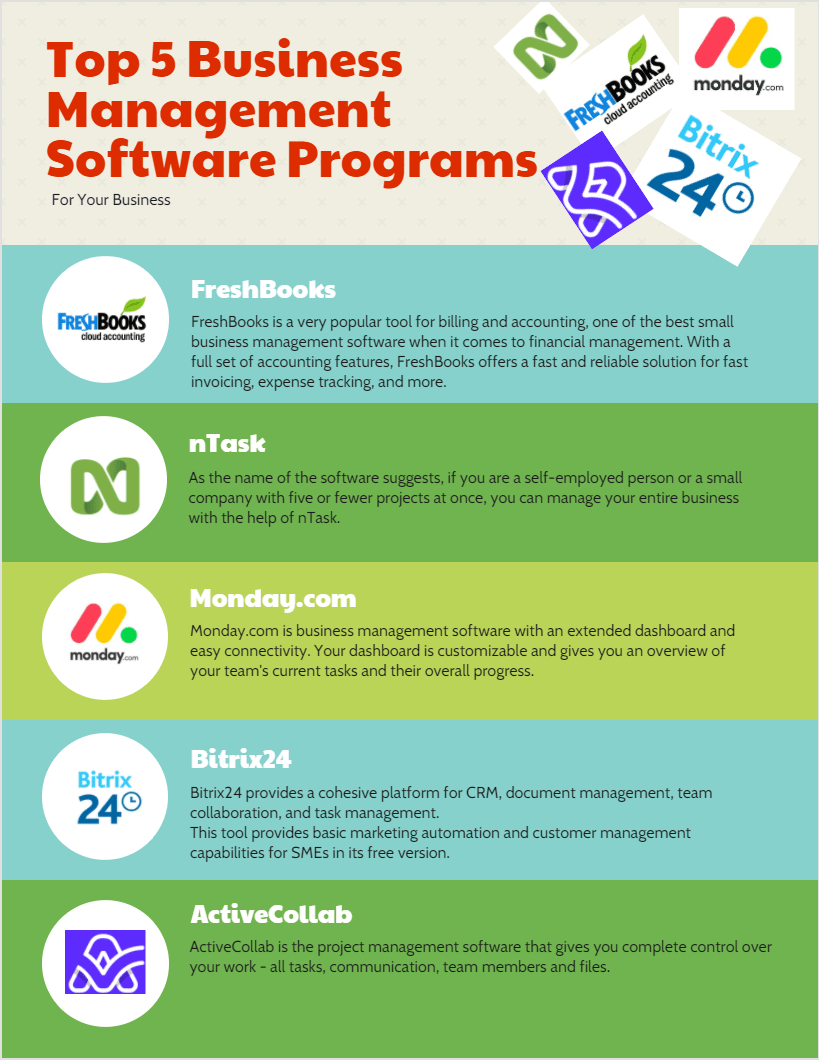
That data is automatically snatched from the tech's trouble ticket, added to the customer's CRM record, and then placed in the pipeline so the sales manager can parcel out the opportunity. For example, if a help desk representative realizes a customer is ready for an upsell opportunity while addressing an unrelated support issue, that information doesn't get lost in an email that the tech may or may not send.

That can help you maintain a complete sales pipeline that's not only accurate but also able to react to new opportunities quickly. When you use CRM to its full potential, it can gather all your company's interactions with each customer and combine them with related data from such sources as accounting, inventory, marketing, and purchasing. Still, when it's done right, the results can be game-changing.

Getting the most out of your CRM will take a good deal of planning and integration work.

But what any organization, particularly a smaller one, needs to understand is that these systems aren't plug-and-play.


 0 kommentar(er)
0 kommentar(er)
